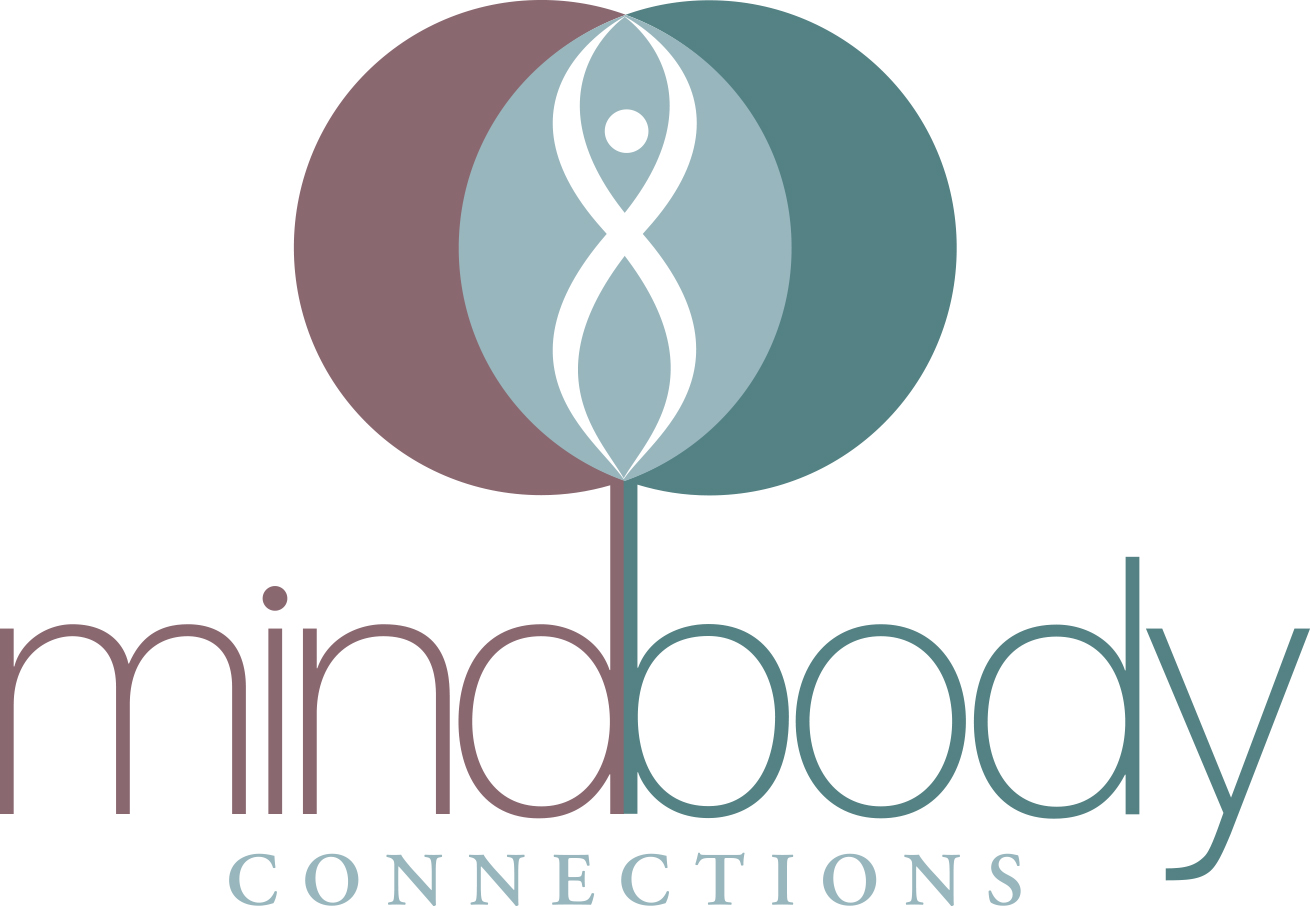Have you ever heard someone say, “I’m out of spoons today”? If you haven’t, you’re not alone, but it’s a phrase that’s quietly become a lifeline for many dealing with invisible struggles like chronic illness, depression, or trauma.
The idea of “spoons” as a way to measure daily energy comes from Christine Miserandino. Back in 2003, Christine wrote an essay called The Spoon Theory where she used spoons to explain what it’s like living with lupus. Each spoon represents a unit of energy, and every little task—showering, getting dressed, answering a text—costs a spoon. When you’re healthy, spoons feel unlimited. But for many, especially those with mental health challenges, spoons are limited and precious.
Now, imagine you’re someone living with depression or trauma. Your spoons might not just be about physical energy. Maybe:
- Getting out of bed feels like spending three spoons because your mind is weighed down with heaviness.
- Facing a social gathering costs five spoons because of the anxiety that tags along.
- Or even holding a conversation can use up several spoons if your thoughts feel scattered or overwhelmed.
Trauma survivors might find that certain triggers or memories suddenly drain spoons, leaving little left for things others take for granted.
The beautiful thing about the spoon metaphor is that it validates these invisible costs. It reminds us and those around us that energy isn’t just physical—it’s emotional and mental, too.
So next time someone says, “I’m low on spoons,” remember: they’re not just tired. They’re carefully rationing their life energy, doing their best to keep going, spoon by spoon.
